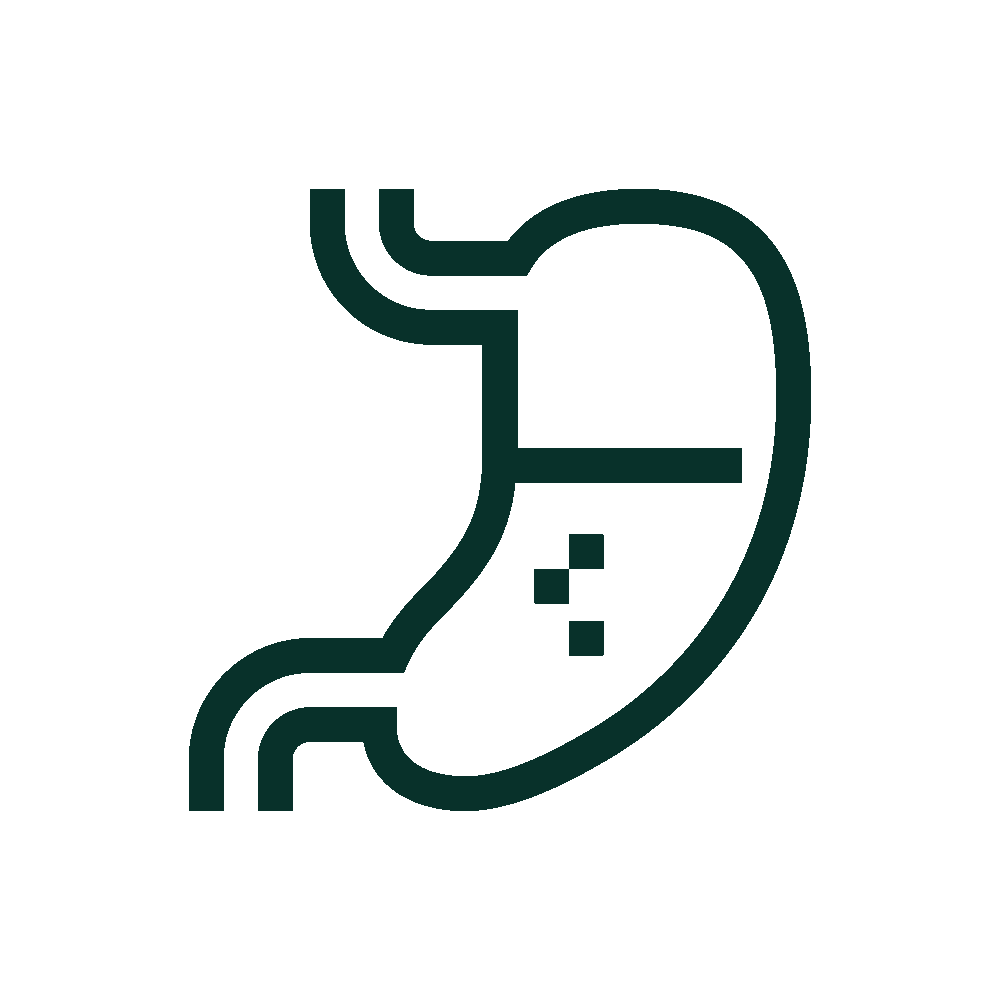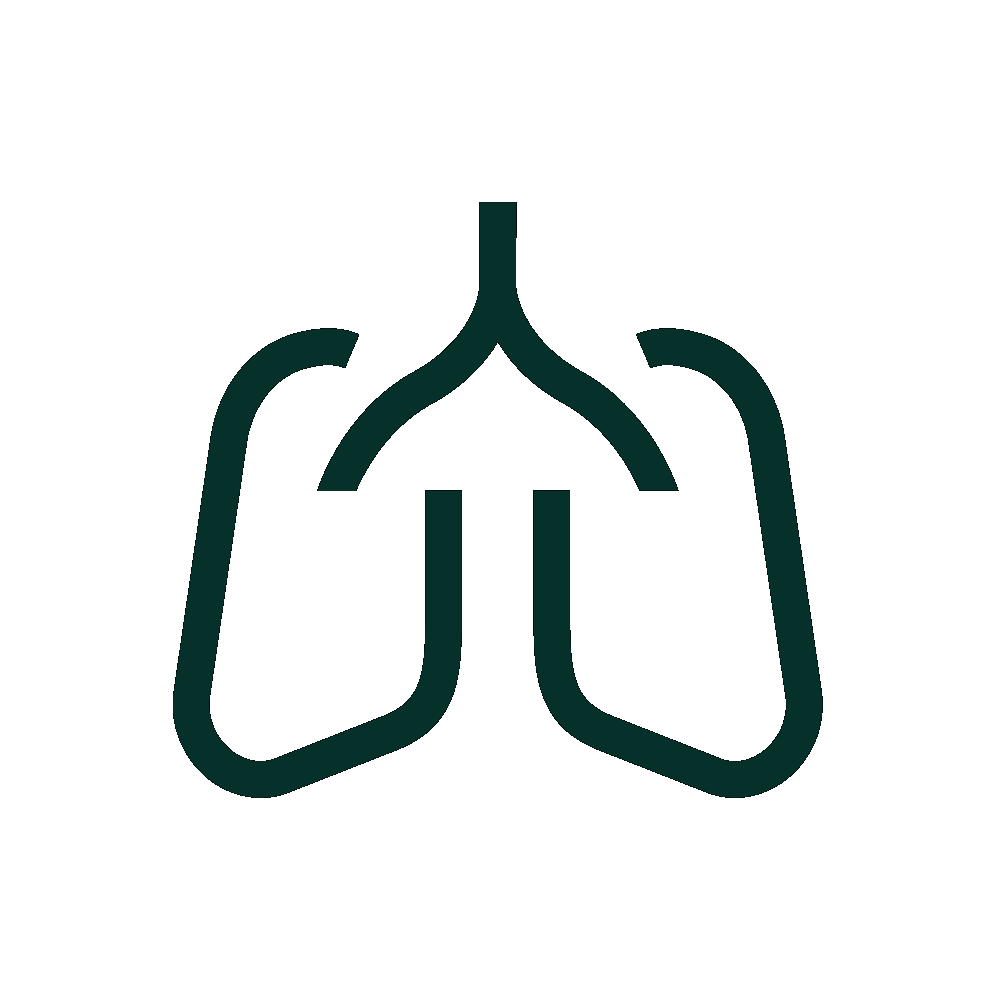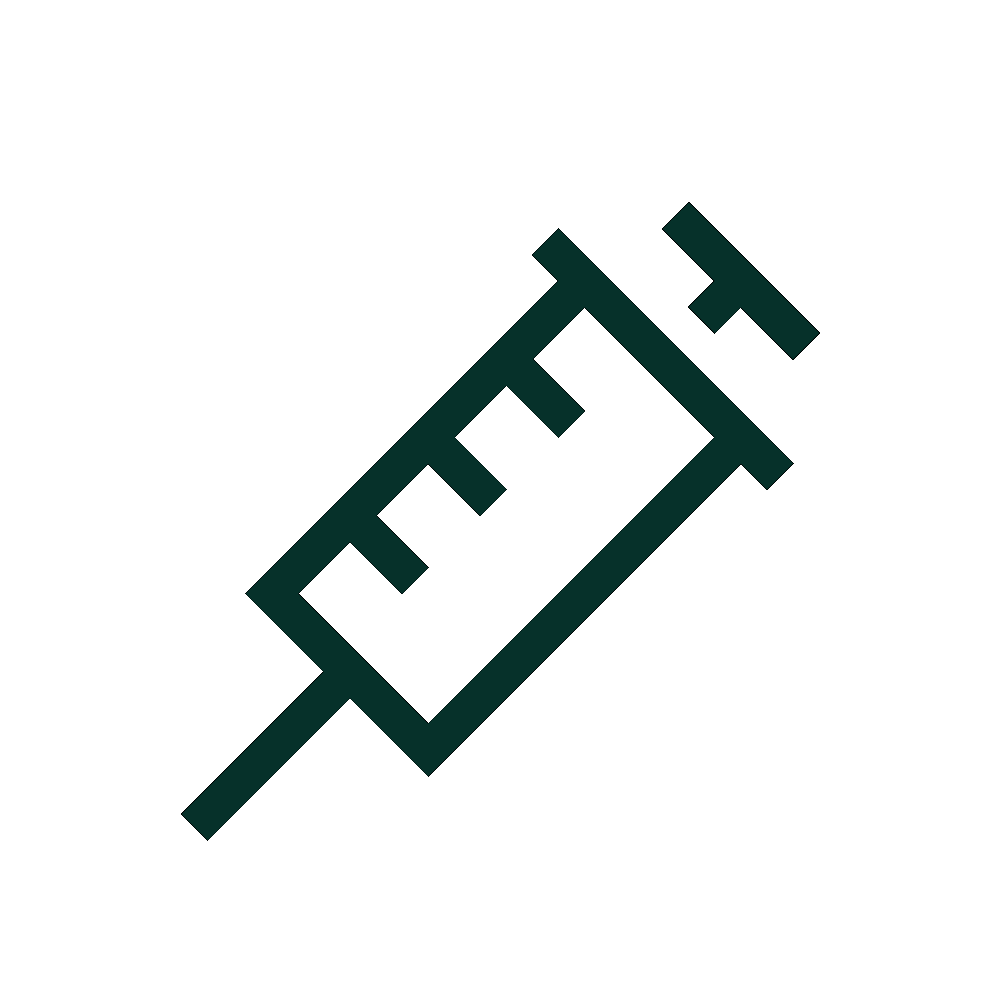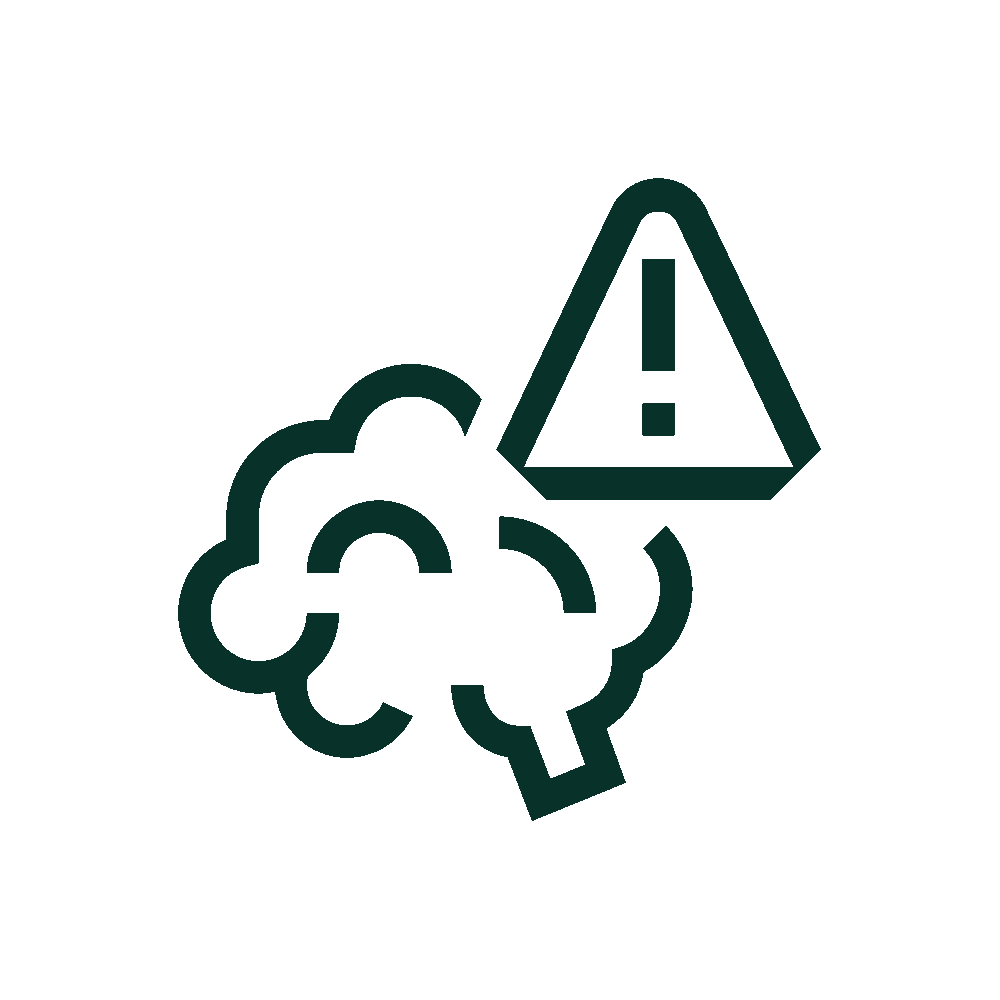What to Know About Vaccines
by Boehringer Ingelheim / May 17, 2024
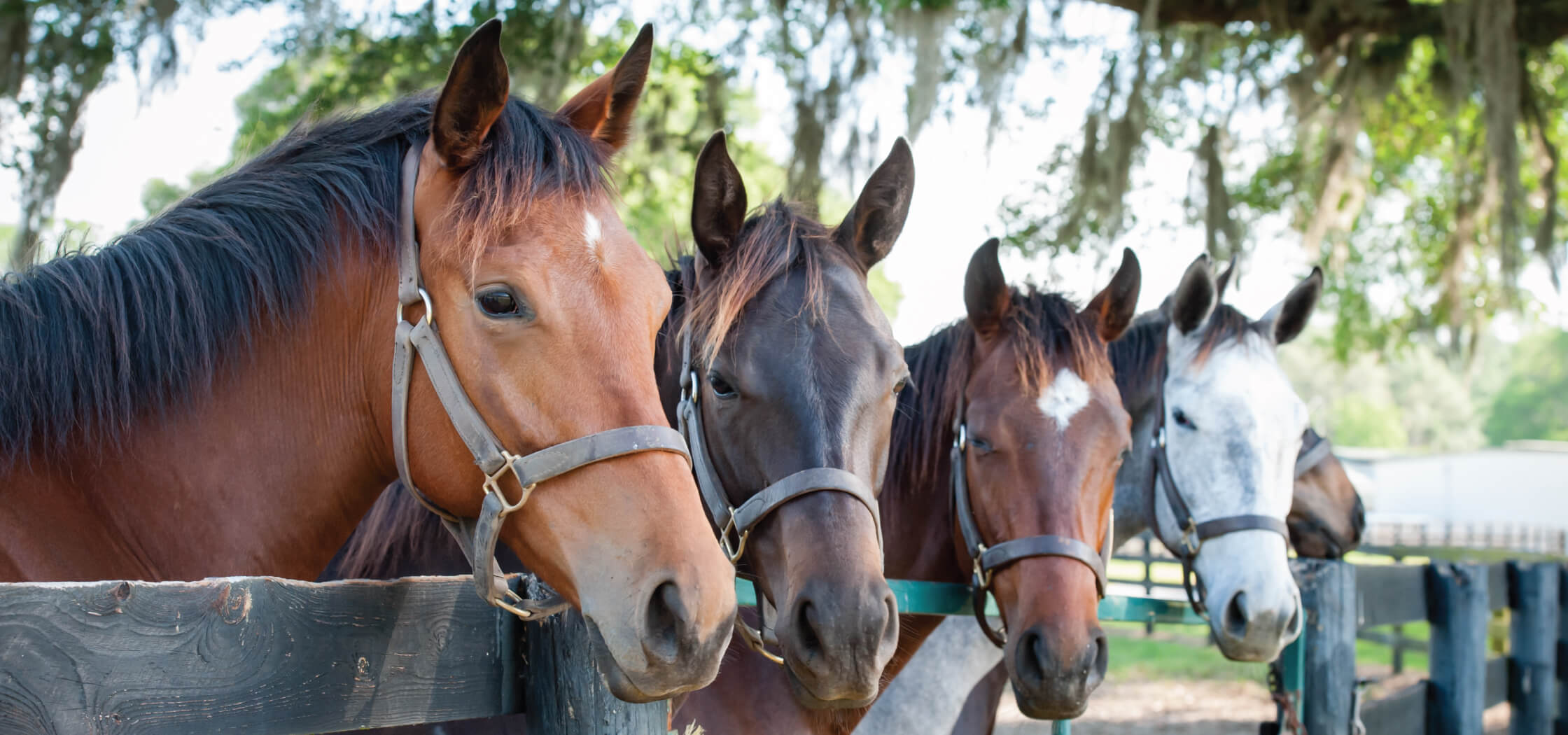
Vaccination Basics: What You Need to Know
Vaccine Basics 101
A tailored vaccination program is one of the most effective tools in preventing the spread of disease among horses. Mimicking exposure to an infectious disease, vaccines provide crucial protection without actually infecting a horse. Understanding vaccine basics is vital for successful disease management.
Principles of Vaccination
Because there is no standard equine vaccination program, each year, horses should be evaluated on an individual basis to determine their best vaccine protocol. Not all horses in the United States need to be vaccinated for every disease; however, it is highly recommended that all horses in the U.S. are vaccinated against West Nile, Eastern and Western equine encephalomyelitis, tetanus and rabies.1 Additional vaccinations should be considered following a discussion with your veterinarian.
Alongside your veterinarian’s recommendations, vaccinations should be chosen based upon the criteria below:
- Risk of infection (anticipated exposure, environmental and geographic factors, age, breed and intended discipline)
- Consequences of the disease
- Anticipated effectiveness of the selected vaccine(s)
- Cost of immunization vs. potential cost of disease (time out of competition; impact of local outbreak restrictions; cost of treatment; possible residual effects of the disease; or loss of life)2
- Potential for adverse reactions to a vaccine(s)
The purpose of equine vaccinations is multifaceted. While individual protection is the ultimate goal, vaccinations also work as whole-herd defense against specific infectious diseases. Without proper disease management in place, it only takes one horse shedding a virus for an entire herd to be potentially impacted.
Frequency of Vaccination
There is no cut-and-dried answer as to how often you should vaccinate your horse. Immune responses are unique from horse to horse, meaning not all horses will be equally protected for the same amount of time following each round of vaccinations. After an initial series of vaccinations, it’s generally recommended that horses are vaccinated annually or semiannually.1 It is important to work with your veterinarian to determine what your horse’s vaccination schedule should look like, based upon their risk factors outlined above.
Implications of missing a vaccination all depend on the immunization history of that individual horse. However, for any horse, it is always important to stick to your veterinarian’s recommended vaccination schedule.
Vaccine Effectiveness
Vaccination does not always equate to total immunity for your horse. While vaccinations are proficient in minimizing or preventing the spread and severity of infectious diseases, there are several factors to consider that can impact effectiveness:
- Stress and its effect on horse immunity
- Horses suffering from endocrine or metabolic disease
- Absence of a good nutrition and management plan3
The early vaccine response, similar to people, may include tenderness at the injection site, low-grade transient fever and lethargy. While severe reactions, such as colic or allergic reactions, are extremely rare, they can still occur, so it is important to keep an eye on your horse for at least 72 hours following vaccination. If any complications do arise, contact your veterinarian.
Protection from disease in horses is an ongoing journey. Vaccines can optimize whole-herd protection; however, because every horse’s situation is unique, it is crucial to set up a vaccination plan with your veterinarian. Sticking to a personalized vaccination schedule each year is essential for keeping your horse(s) healthy.
REFERENCES
1House A. Equine vaccination and parasite control. University of Florida College of Veterinary Medicine, College of Veterinary Medine, Large Animal Hospital. Available at: https://largeanimal.vethospitals.ufl.edu/hospital-services/internal-medicine/equine-vaccination-and-parasite-control/. Accessed June 27, 2023.
2American Association of Equine Practitioners. Principles of vaccination. 2021. Available at: https://aaep.org/guidelines/vaccination-guidelines/principles-vaccination. Accessed June 20, 2023.
3Lenz TR. Vaccines for horses: how they work. American Quarter Horse J Center for Equine Health, School of Veterinary Medicine, University of California. 2020. Available at: https://www.aqha.com/-/vaccines-for-horses-how-they-work. Accessed June 20, 2023.
4Young A. Equine vaccines: breaking down the basics. Horse Report 2021. Available at: https://cehhorsereport.vetmed.ucdavis.edu/news/equine-vaccines-breaking-down-basics. Accessed June 20, 2023.
©2025 Boehringer Ingelheim Animal Health USA Inc., Duluth, GA. All rights reserved. US-EQU-0121-2024
